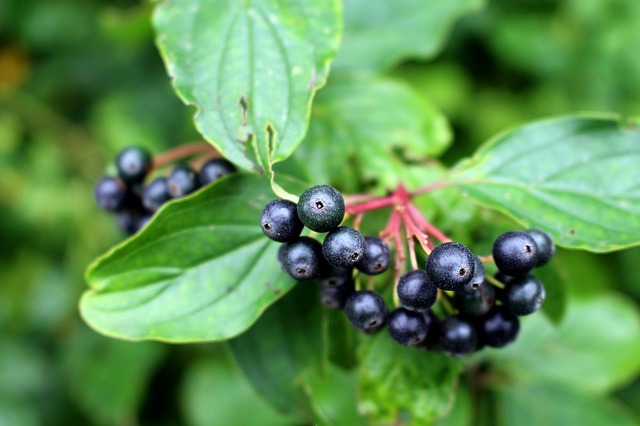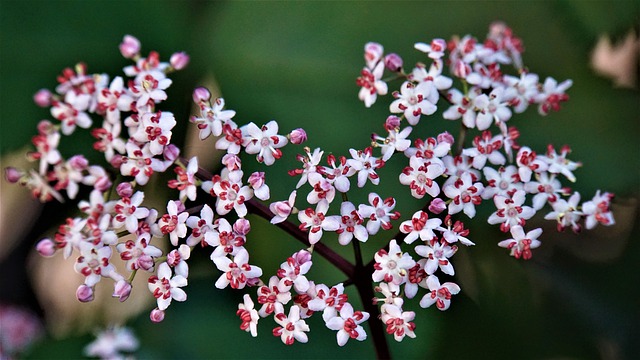Elder Berry & Flower


Also known as Sambucus nigra for berries and Sambucus canadensis for flowers; American Elder, Common Elder, Black Elder, Bour Tree, and European Black Elder.
Introduction European elder is a plant native to Europe, Northern Africa, and Western-and Central Asia. Its flowers and berries have a long history of use in traditional European medicine. Elder berries have also been used for making preserves, wines, winter cordials, and for adding flavor and color to other wines. Native Americans used the flowers, berries, and bark of elderberry trees to treat fevers and joint pain for hundreds of years, but elderberry's real claim to fame is as a cure for the flu. Israeli researchers have developed five formulas based on elderberry fruit that have been clinically proven to prevent and ameliorate all kinds of influenza.
Constituents Potassium nitrate, sambucin, sambunigrin, sugars. The complex sugars of the berries are the immune-active fraction.
Parts Used Most commonly the flowers or berries. Dried fruits are less bitter than fresh. The stems and leaves are poisonous.
Typical Preparations Teas, tinctures, encapsulations, syrups, wine, cordials, and even ketchup, often combined with propolis or echinacea.
Summary Extensive research show that elder stop the production of hormone-like cytokines that direct a class of white blood cells known as neutrophils to cause inflammation, especially in influenza and arthritis. On the other hand, elder increases the production non-inflammatory infection-fighting cytokines as much as 10 fold. Elder berries are known to be effective against eight strains of influenza. This suggests that elder be superior to vaccines in preventing flu, because flu vaccines are only effective against known strains of flu, whereas the virus is continually mutating to new strains. Vaccines have another drawback: over half of people who get them report side effects. Dr. Madeleine Mumcuoglu, of Hadassah-Hebrew University in Israel found that elderberry disarms the enzyme viruses use to penetrate healthy cells in the lining of the nose and throat. Taken before infection, it prevents infection. Taken after infection, it prevents spread of the virus through the respiratory tract. In a clinical trial, 20% of study subjects reported significant improvement within 24 hours, 70% by 48 hours, and 90% claimed complete cure in three days. In contrast, subjects receiving the placebo required 6 days to recover.
Precautions None for flowers or berries. When using berries it must be from the nigraspecies as others are known to be poisonous.
PURCHASE BLACK ELDERBERRY FRUIT EXTRACT
For educational purposes only. This information has not been evaluated by the Food and Drug Administration.This information is not intended to diagnose, treat, cure, or prevent any disease.
This information courtesy of MOUNTAIN ROSE HERBS, with full, written permission for reuse. For further traditional information concerning Elder, please visit this excellent resource from Botanical.com. Used with full, written permission.






